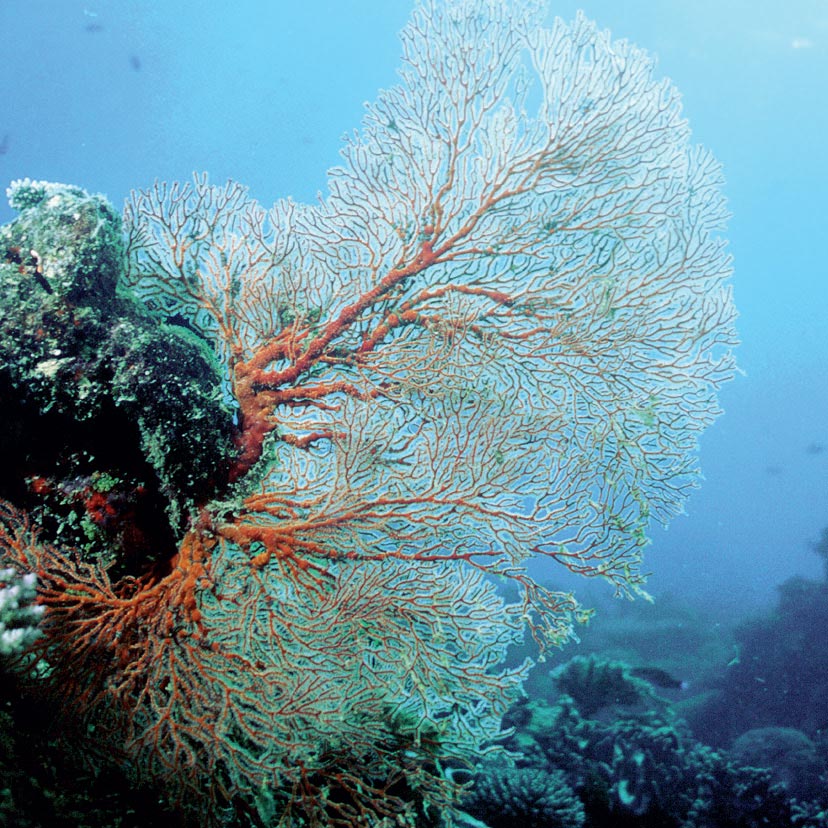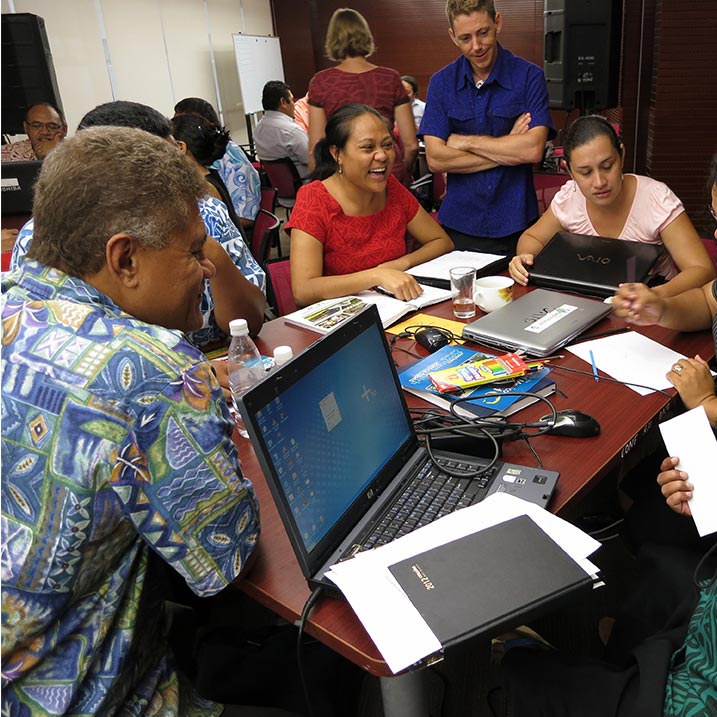PACPATH is a Belmont Forum Collaborative Research Action (CRA). The project builds on a multi disciplinary and multi actor consortium to co-design a robust Ocean research strategy, projects and services to develop coastal and offshore ocean sciences, ocean stewardship and prototype innovative sustainability pathways.
Billions of people depend on the Ocean for their livelihood and food supply, and increased efforts and interventions are needed to conserve and sustainably use ocean resources and achieving the United Nation Sustainable Development Goal (SDG) 14 devoted to the Ocean.


Building on existing networks, organisations and people, from regional scale, to coastal community scale in the South Pacific, PACPATH hosts co contruction workshops during its first phase (2022-2023) engaging local actors, civil society organizations, customary authorities, policy makers and multi-disciplinary academics with the purpose of:
The first stakeholder workshop took place in New Caledonia in October 2022. Scientists and stakeholders from New Caledonia
This month of March 2020, students from University of New Caledonia started to follow online courses at the